
Will Panama’s Data Protection Law Become a Model?
A Latin America Advisor Q&A featuring experts’ viewpoints on Panama’s new data protection law as a model for the region.
A Latin America Advisor Q&A featuring experts’ viewpoints on Panama’s new data protection law as a model for the region.
El 29 de julio, el World Leadership Alliance-Club de Madrid tuvo una sesión virtual para discutir el tema la “Movilidad en tiempos de crisis: La pandemia del Covid-19 como oportunidad para repensar las migraciones en América Latina”. Manuel Orozco, el director del Programa de Migración, Remesas y Desarrollo del Diálogo Interamericano, moderó la conversación y Laura Chinchilla, co-presidenta de la Junta Directiva del Diálogo, fue panelista.
Understanding the future of migration and how it affects the region can offer cues as to the direction countries will take.
In this article, we take a closer look at migration trends in three examples that showcase current trends: Central America, Venezuela, the Caribbean. We also take a look at specific recommendations to address migration.
Best outcomes for Panama, whether in its relations with China or other economic partners, will depend on the country’s commitment to open and equitable procurement processes and effective project monitoring and evaluation.
Why has Panama been placed back on the FATF’s gray list, and what does it mean for its economy?
Michael Shifter habló con Gustau Alegret de NTN24 sobre el nuevo presidente de Panamá, el primero año de la administración de AMLO en México y la instabilidad política en Honduras.
What can Panamanians expect from newly elected President Laurentino Cortizo?
What costs will Latin American countries face in exchange for China’s support, and what are China’s main goals in extending its influence in the region?
A new report by Dialogue fellow Kevin Casas, Paola González and Liliana Mesías analyzes the dominant trends in police behavior and organization and predicts how they will shape police forces over time.
The number of Central American migrants in the United States has nearly doubled from 2000 to present, but the trend changed from 2009 onwards.
2018 has been a year marked by great political uncertainty for Latin American energy markets. Oil prices are up, creating strong incentives for investment, rising US natural gas exports are creating a new source of flexible, cheaper energy for Latin American consumers, and the cost of wind and solar energy is declining dramatically. However, Latin America continues to face uncertainty in energy policy as new governments take office in many countries and geopolitical tensions between the US and China are on the rise. With many questions on the table, government officials, corporate representatives, and analysts gathered on October 25 at the Inter-American Dialogue to assess the future of energy policy in the Western Hemisphere.
Despite recent advances, the Panamanian education system continues to suffer from chronic problems, and, increasingly, education has become a national concern. This report evaluates the current state of teacher policies and offers a set of recommendations for addressing existing challenges and bottlenecks.
Panama and China began negotiations for a free trade agreement on July 9. What benefits would a deal bring?
On January 25, 2018 the Inter-American Dialogue’s Migration, Remittances & Development Program hosted “Remittances to Latin America and the Caribbean in 2017,” an annual event presenting remittance flows to the region.
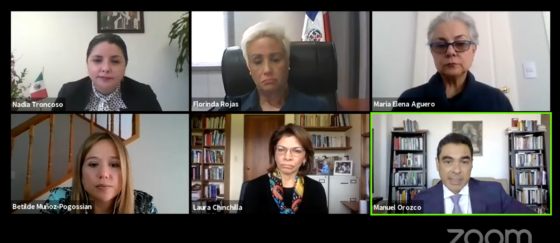 Video
Video
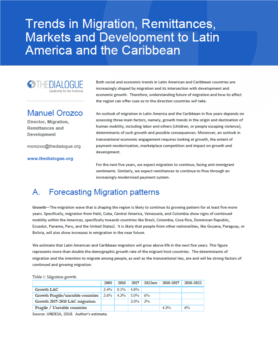
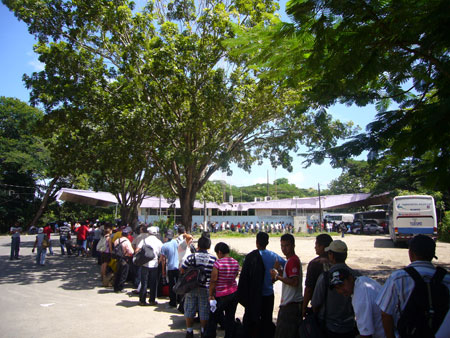
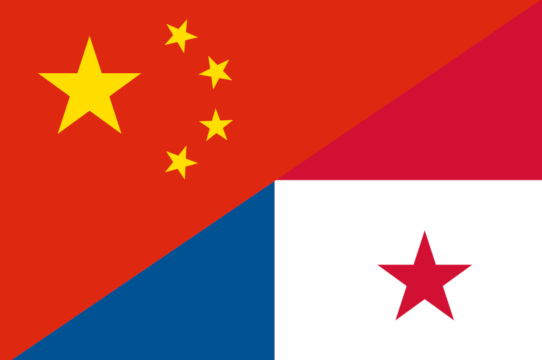
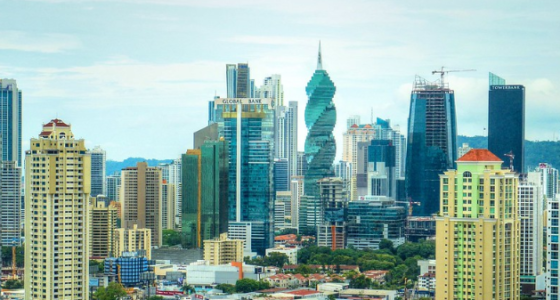
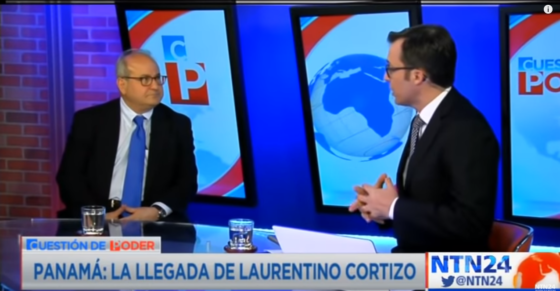 Video
Video
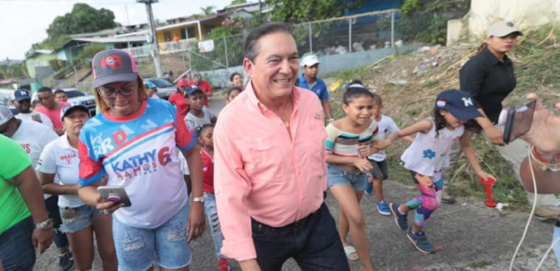
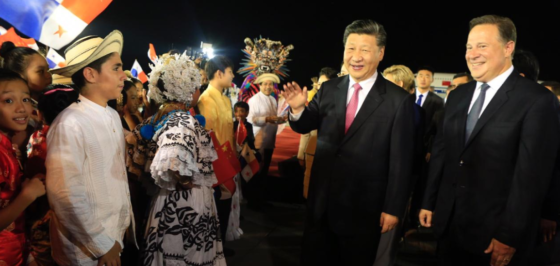
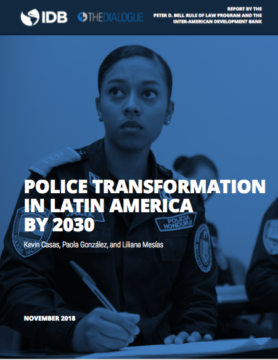
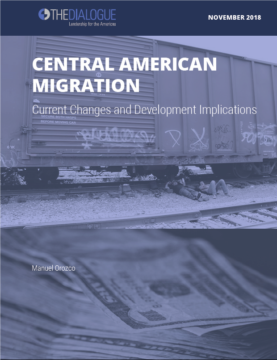
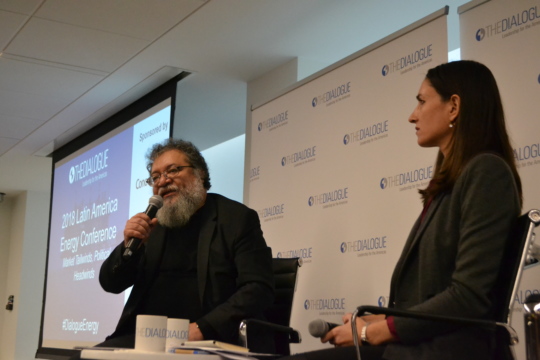 Video
Video
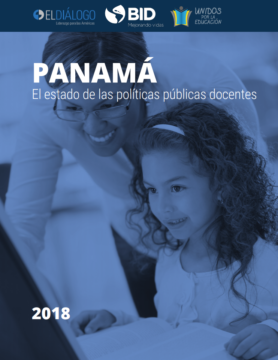
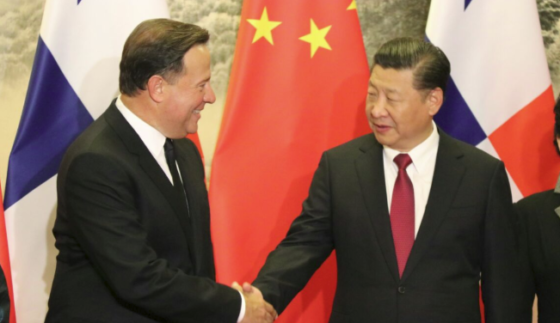
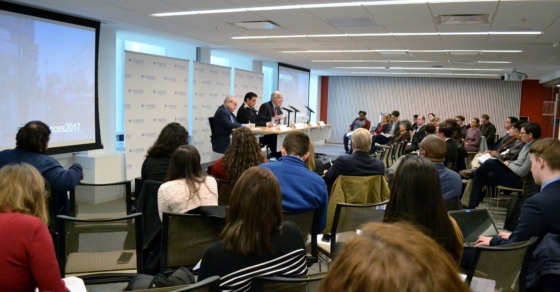 Video
Video